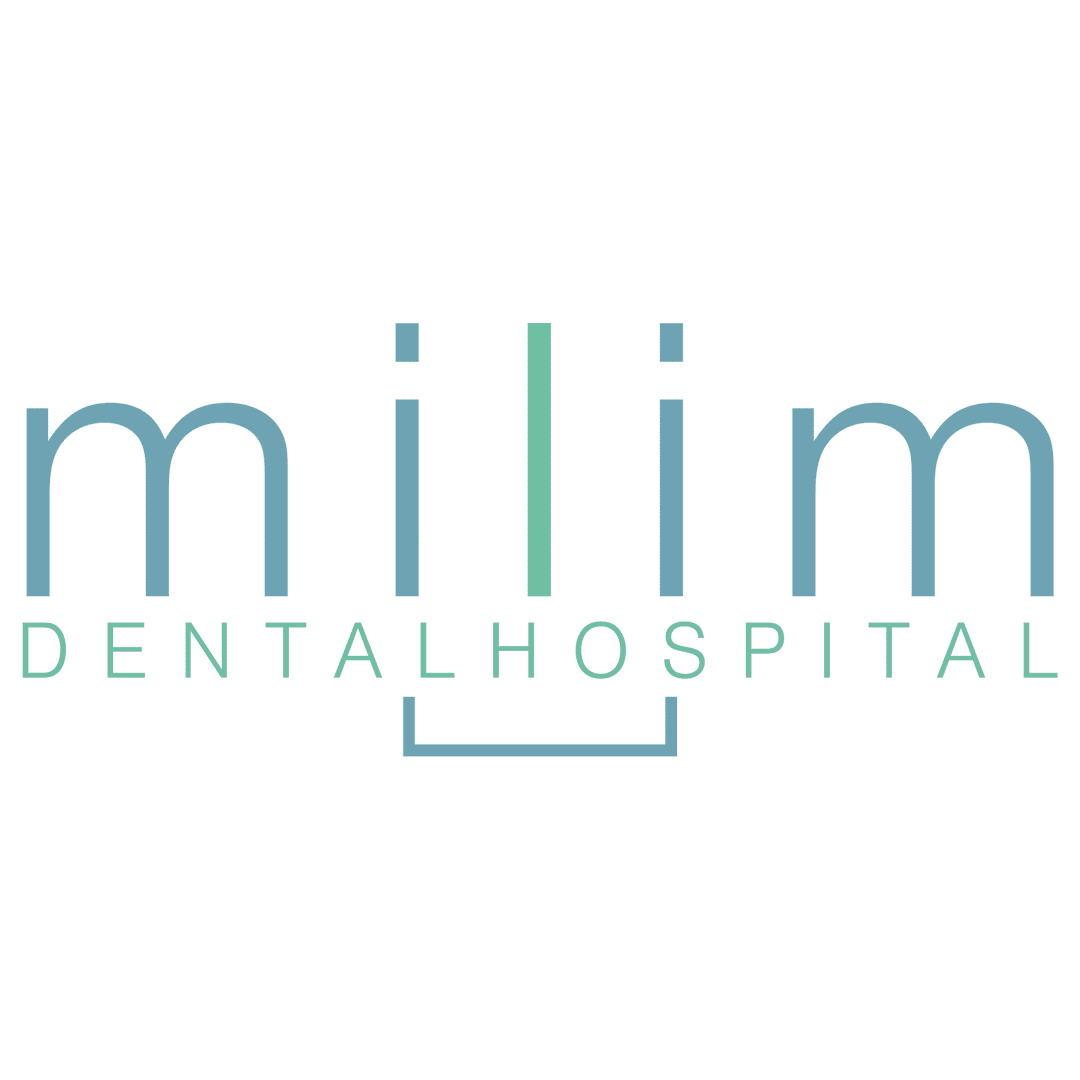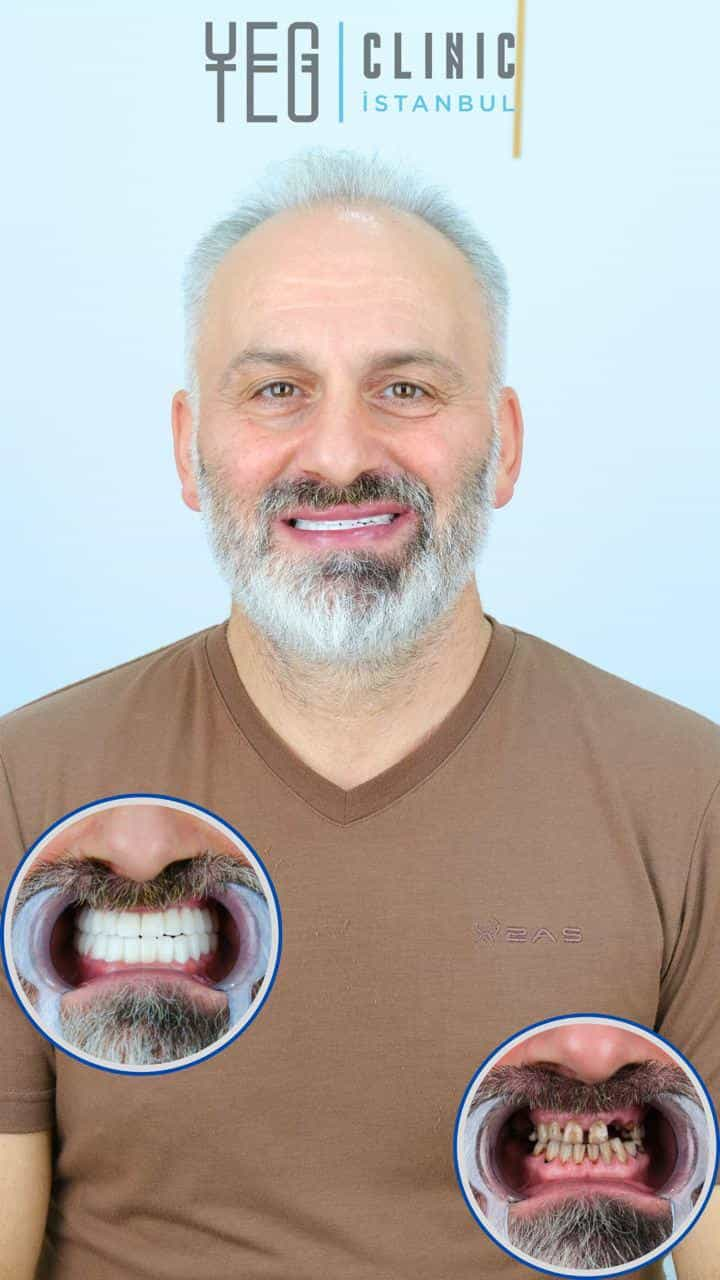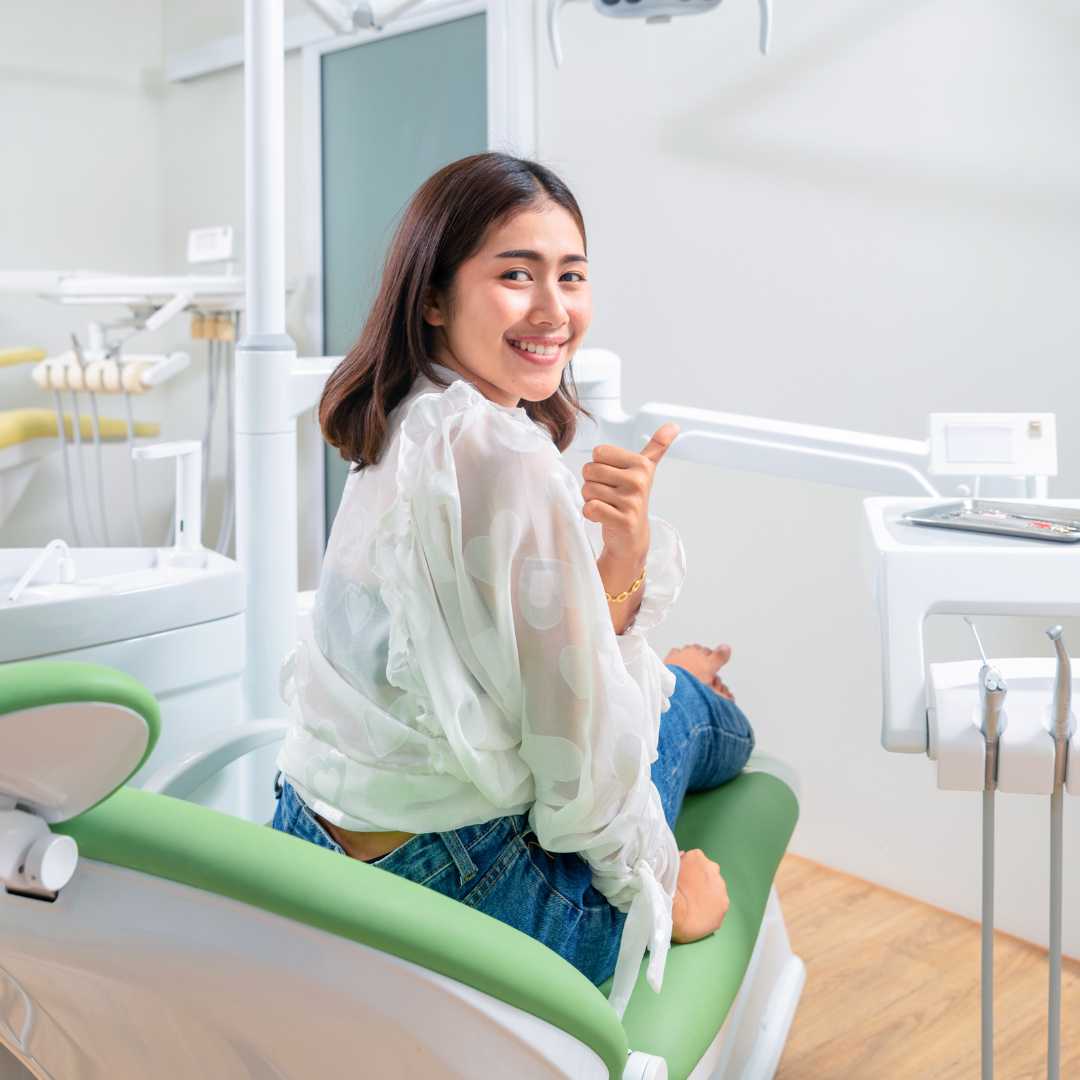Qualifications of Turkish Dentists: Education, Licensing & Specialization

As Turkey solidifies its reputation as a premier destination for world-class dental care, a primary question for prospective patients is: what are the qualifications and experience of Turkish dentists? When traveling abroad for medical procedures, it's natural and wise to seek assurance about the expertise of the professionals who will be performing your treatment. The affordability of dental work in Turkey can sometimes lead to the misconception that the standards of care or the dentists' qualifications might be lower. However, the reality is quite the opposite. The Turkish dental education system is robust, highly regulated, and aligned with international standards, producing a generation of highly skilled and experienced practitioners.
The journey to becoming a licensed dentist in Turkey is a long and demanding one, involving years of intensive academic study and hands-on clinical practice. Furthermore, the system for specialization is equally rigorous, requiring dentists to pass competitive national exams and dedicate several more years to advanced training in specific fields like oral surgery, prosthodontics, or orthodontics.
This commitment to education is bolstered by a strong regulatory framework overseen by the Turkish Ministry of Health and the Turkish Dental Association (TDA). This guide will provide a comprehensive overview of the entire process, from university education to specialist training and ongoing professional development, giving you the confidence that you are in highly capable and expert hands when you choose a reputable dentist in Turkey.
What is the standard educational path for a dentist in Turkey?
The journey to becoming a dentist in Turkey begins with a highly competitive university entrance exam. Once admitted to a dental faculty, students embark on an intensive 5-year program. This is not equivalent to a simple bachelor's degree; it's a Master's level qualification (DDS or DMD) that integrates foundational sciences with advanced clinical skills. This single-tier system ensures that every graduate has a deep and thorough understanding of dental medicine from both a theoretical and a practical standpoint.
Unlike some systems where a separate graduate degree is required after an undergraduate science degree, the Turkish model is a direct path. This allows for a focused and cohesive curriculum where students are immersed in dental sciences from day one. Upon successful completion of the five years and passing all requisite exams, graduates earn the title of "Di? Hekimi" (Dentist).
How rigorous is the dental curriculum in Turkish universities?
The 5-year program is strategically divided to build a strong foundation before moving to complex practical applications. The structure typically looks like this:
- Years 1-2 (Preclinical): Students delve into fundamental medical and dental sciences. This includes anatomy, physiology, biochemistry, pharmacology, pathology, and dental anatomy. This phase provides the essential scientific knowledge required to understand oral health and disease.
- Year 3 (Transition): This year serves as a bridge, where students begin practical work on phantom heads and models in simulation labs while continuing advanced theoretical coursework. They start to learn the manual dexterity and techniques for procedures like fillings and crowns.
- Years 4-5 (Clinical): These years are spent in university dental hospitals or affiliated clinics. Students work directly with patients under the close supervision of experienced professors and specialists. They rotate through all departments—prosthodontics, periodontics, endodontics, surgery, etc.—gaining comprehensive, real-world experience in diagnosing and treating a wide variety of dental issues.
Are Turkish dental degrees recognized internationally?
The Bologna Process is a series of agreements between European countries to ensure comparability in the standards and quality of higher-education qualifications. Turkey is a full member of this process. This means that its university system, including its dental faculties, is structured to be compatible with those across Europe. This alignment facilitates academic and professional mobility for graduates.
While direct registration in another country always depends on that specific country's dental board regulations (and may require passing local licensing exams), the foundational degree from a reputable Turkish university is well-respected. Many Turkish dentists use this strong educational base to pursue further training or fellowships in the USA, UK, Germany, and other leading nations, further enhancing their global credentials.
How do Turkish dentists specialize in fields like oral surgery or implantology?
Graduating with a 5-year dental degree makes you a general dentist. To earn the title of "Specialist," such as an Oral and Maxillofacial Surgeon or a Prosthodontist, is a separate and even more demanding path. The DUS exam is the gateway to this advanced training. It's a challenging, centralized exam, and only the highest-scoring candidates gain entry into the limited number of specialty training positions available at university hospitals.
This specialty training is not a part-time course; it is a full-time residency. For instance, an aspiring oral surgeon will spend four years working exclusively in a hospital's surgery department, performing complex procedures from wisdom tooth extractions to advanced dental implant placements and bone grafting, all under the mentorship of senior surgeons. This ensures that a certified specialist has an incredibly deep level of knowledge and practical experience in their specific field.
What are the most common dental specialties in Turkey?
When you seek treatment at a high-quality Turkish clinic, you will often find a team of different specialists. This multidisciplinary approach ensures you receive care from a dentist with the most advanced training for your specific needs. Here’s what some of these specialists do:
- Oral and Maxillofacial Surgeon: The expert for all surgical procedures, including placing dental implants, performing bone grafts, sinus lifts, and complex extractions.
- Prosthodontist: The specialist in restorative dentistry. They are experts in designing and fitting crowns, bridges, veneers, and dentures, essentially "rebuilding" a smile.
- Periodontist: The specialist for gum health. They treat gum disease and may also place dental implants, focusing on the health of the supporting bone and gum tissues.
- Endodontist: The expert on the inside of the tooth, specializing in root canal treatments.
- Orthodontist: The specialist for aligning teeth and jaws using braces or clear aligners.
Is it mandatory for dentists in Turkey to be licensed?
There is no legal way to practice dentistry in Turkey without being officially licensed and registered. This is a crucial patient protection measure. The process involves verifying the dentist's university diploma and ensuring they have no professional or legal impediments to practicing. This registration is a public record and provides a fundamental layer of assurance for patients.
Any reputable clinic will be transparent about the registration of its dentists. You have the right to ask for a dentist's registration details, and a trustworthy provider will have no hesitation in sharing this information. This system ensures a baseline of verified qualifications for every practicing dentist in the country.
What is the role of the Turkish Dental Association (TDA)?
The TDA plays a vital role in maintaining the high standards of dentistry in Turkey. Membership is compulsory for all practicing dentists. The association is responsible for several key functions:
- Ethical Guidelines: It sets and enforces the code of professional ethics that all dentists must follow.
- Continuing Education: The TDA organizes and promotes congresses, seminars, and courses to ensure dentists stay up-to-date with the latest advancements in dental technology and techniques.
- Public Health Initiatives: It works to improve the nation's oral health through public awareness campaigns.
- Professional Advocacy: It represents the interests of dentists and works with the Ministry of Health on regulations and policies.
How much experience do dentists in popular Turkish clinics typically have?
Experience is not just measured in years, but in the number and complexity of cases handled. Because Turkey is a hub for dental tourism, top clinics perform a vast number of procedures like dental implant placements and smile makeovers every year. An oral surgeon in a busy Turkish clinic might place hundreds, if not thousands, of implants annually—a volume that a dentist in a smaller local practice elsewhere might not see in a decade.
This high case volume leads to a deep level of practical expertise and efficiency. They become masters of their craft, comfortable with a wide range of clinical scenarios and adept at achieving predictable, high-quality results. This hands-on experience is one of the most significant, yet often overlooked, advantages of seeking treatment from a specialist in a major Turkish dental center.
Do Turkish dentists have international training or certifications?
The best dentists are committed to lifelong learning. Many of Turkey's top dental professionals actively seek out international training to complement their domestic education. They attend global conferences, participate in workshops with world-renowned experts, and become members of international dental organizations like the International Team for Implantology (ITI) or the American Academy of Cosmetic Dentistry (AACD).
This pursuit of international knowledge ensures they are proficient in the very latest global techniques and treatment philosophies. When choosing a dentist, you can often see these international certifications proudly displayed on their clinic's website or in their office. This is a strong indicator of a dentist who is dedicated to providing care at the highest possible global standard.
What should I look for to verify a dentist's qualifications?
A reputable clinic and a confident dentist will be fully transparent about their credentials. Don't be hesitant to ask for this information. Specifically, you can look for:
- University Diploma: Verifies their 5-year dental degree.
- Specialization Certificate: If they claim to be a specialist (e.g., Oral Surgeon), they must have a certificate from the university hospital where they completed their 3-4 year residency.
- TDA Membership: Confirmation of their license to practice in Turkey.
- International Certifications: Look for certificates from well-known implant companies (e.g., Straumann, Nobel Biocare) or international dental societies, which show advanced training.
Ready to connect with highly qualified and experienced dentists in Turkey? PlacidWay provides access to a network of pre-vetted, accredited clinics with proven track records. Find the right specialist for your needs and get a free, no-obligation quote for your treatment plan. Your journey to a confident smile begins with a trusted expert!


.png)




.png)
.png)





.png)


Share this listing